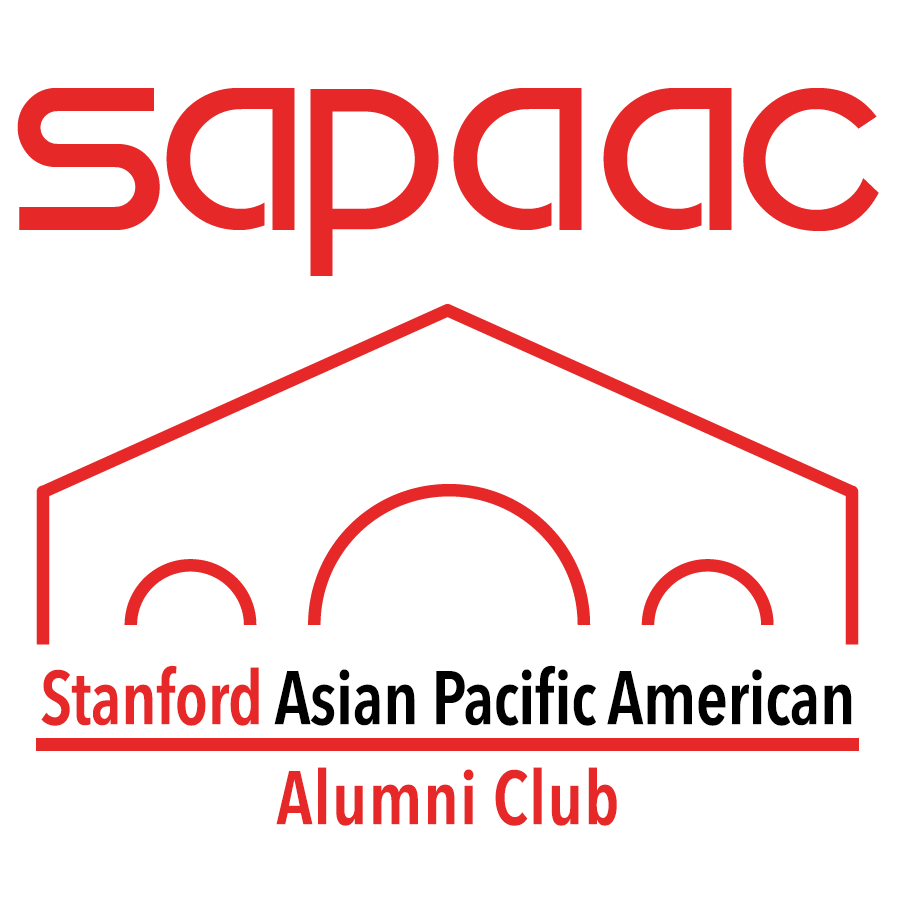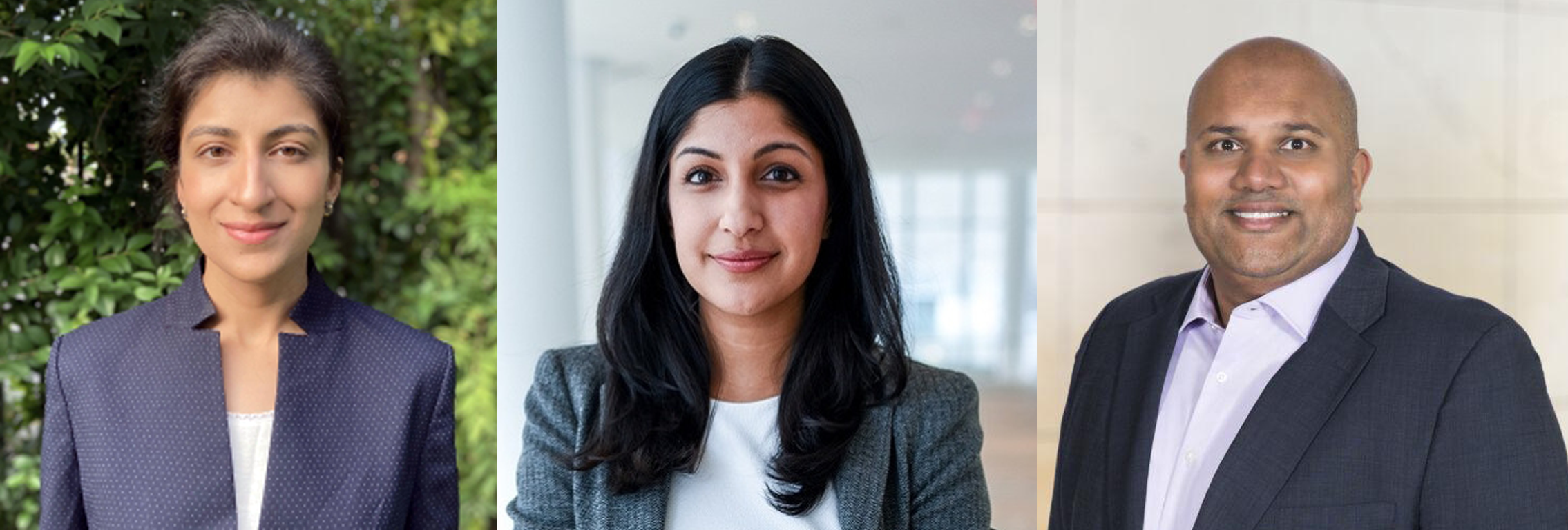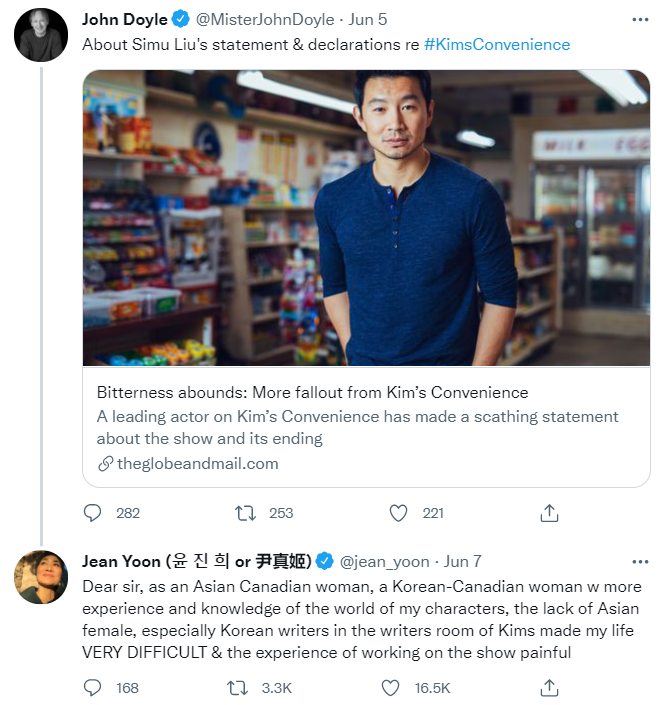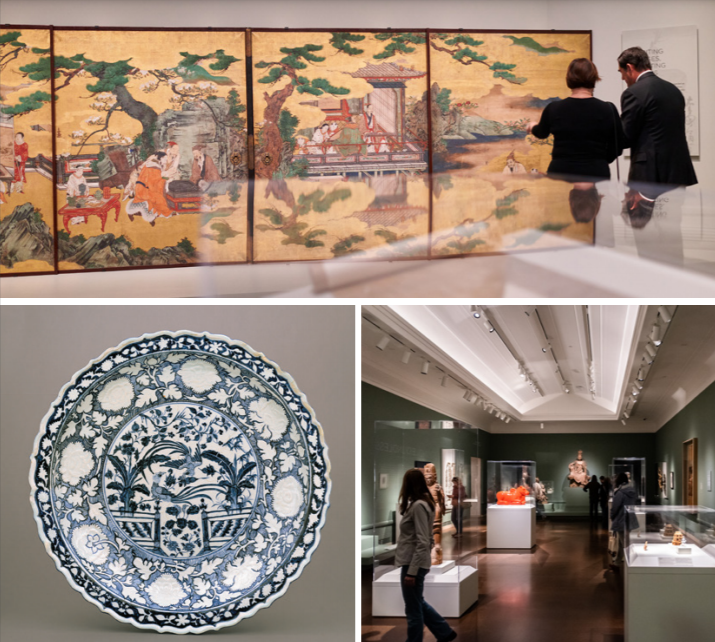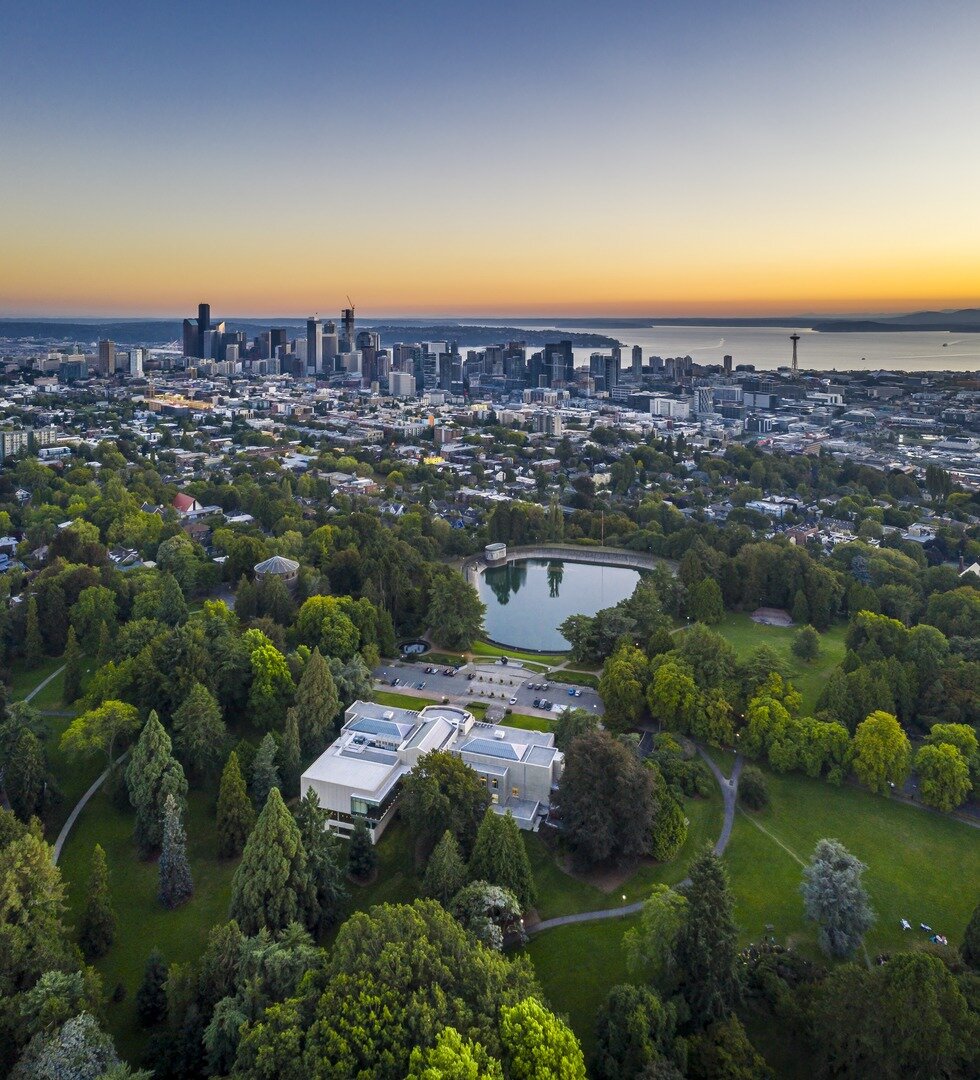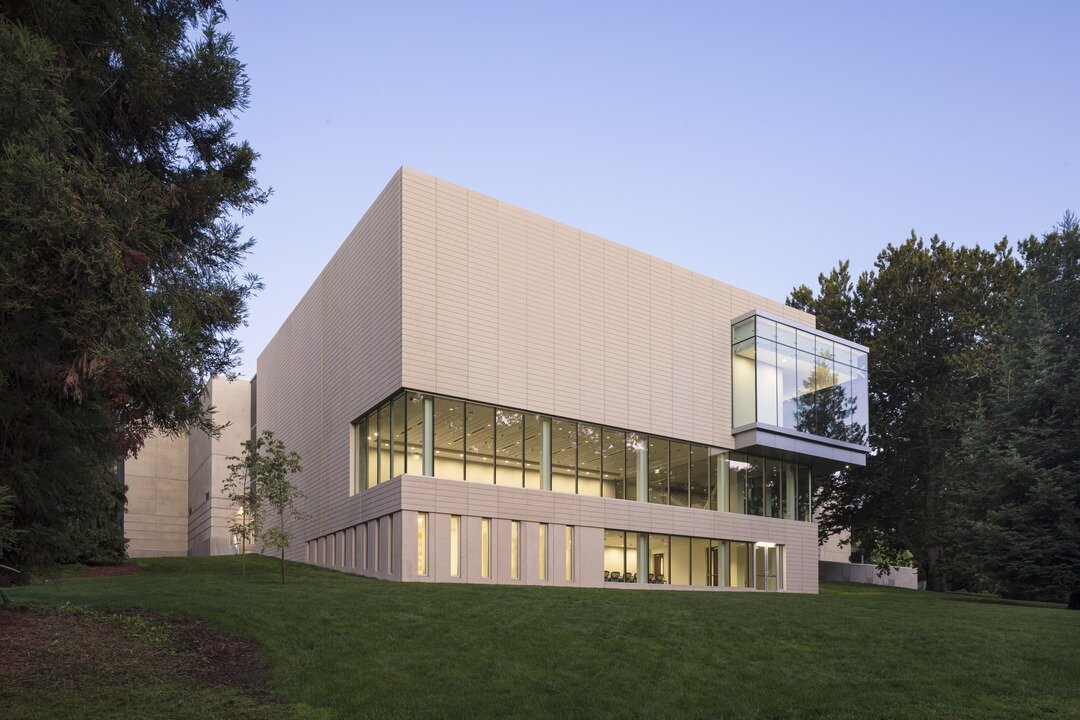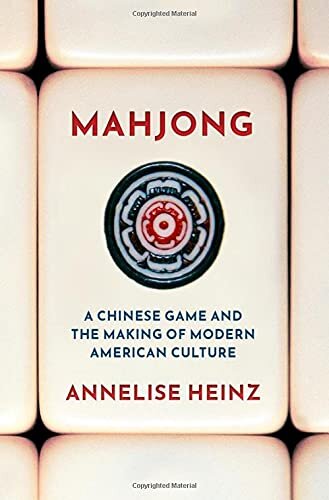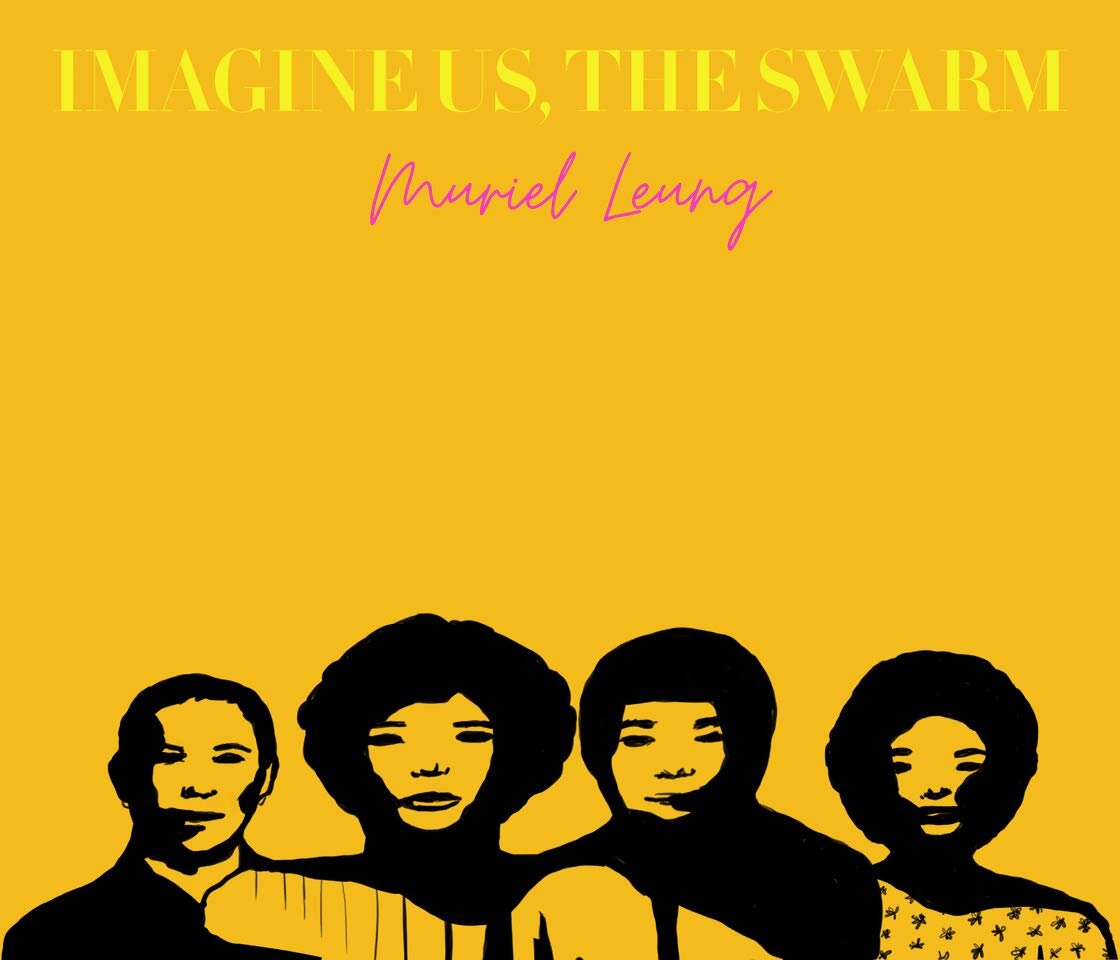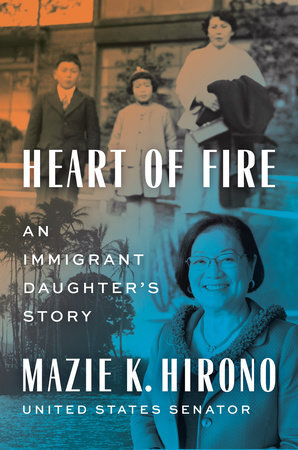A summary of issues of interest to the AAPI community nationwide and on the Stanford University campus.
Community Activism
Chinese American activists gathered in San Francisco on June 4 to commemorate the anniversary of the 1989 Tiananmen Square protests, when the Chinese military cracked down on student-led demonstrations advocating for democracy in China. Authorities in Hong Kong blocked the city’s annual vigil for a second year, forcing residents to remember history through other means.
In the wake of COVID-19, community organizers continue to raise money for Chinatown restaurants in New York, Oakland and San Francisco. Much-loved Asian businesses have been hit hard during the pandemic, particularly small establishments owned by older Asians.
Asian Americans in Leadership
Asian Americans substantially increased their turnout rate between the 2016 and 2020 U.S. presidential elections, as reported by NPR, rising from 49% to just over 59%—more than any other racial or ethnic group according to the census. Many civic groups hope to sustain the momentum and achieve “political representation at every level of public office.” Asian Americans hold government office at “disproportionately low rates.” The Reflective Democracy Campaign “found that in mid-2020, Asian Americans and Pacific Islanders made up just 0.9% of elected officials across all levels of government despite making up over 6% of the U.S. population.”
AAPI voters had “highest rate of using vote-by-mail” [64% during the pandemic], so proposals in state legislatures to restrict voting by mail are generating great concern, according to Vice President Kamala Harris in a recent speech to the AAPI Unity Summit.
FTC Commissioner Lina Khan, Vimeo CEO Anjali Sud and Director-General of the Foreign Commercial Service Arun Venkataraman
Lina Khan, a Pakistani American law professor at Columbia, was appointed to the Federal Trade Commission, and is anticipated to advance antitrust action against large technology companies.
Anjali Sud, an Indian American CEO of online video platform Vimeo, recently led the company’s Nasdaq debut.
Arun Venkataraman was nominated by the White House to lead the Foreign Commercial Service and to become Assistant Secretary for Global Markets at the Department of Commerce. He is Indian American.
Anti-Asian Discrimination
John Oliver dismantled the “model minority myth” on Last Week Tonight. He explained how the stereotype “flattens Asian Americans into quiet, hardworking, ‘ideal’ immigrant caricatures,” whose apparent success has been used by Whites to conveniently “disprov[e] systemic racism.” Yet at the same time, Asians are “still perpetually treated like a foreigner, still asked where you’re really from, and Asian Americans always seem to be just one geopolitical crisis away from becoming the targets of violence yet again.”
Oliver began the segment by highlighting the extremely diverse heritage of people counted under the label “Asian American”—a political term coined in the 1960s—that encompasses more than 20 countries and “divergent” migration experiences across more than 150 years. He pointed out that the AAPI coalition “is not monolith” and still features “great disparity between subgroups” today.
The award-winning cast of “Kim’s Convenience,” a television show featuring the life of a Korean family in Toronto, has spoken out about disrespectful treatment by the producers, writers and show creators. Simu Liu called the cancellation of the sixth season a “slap in the face,” while Paul Sun-Hyung Lee said the cast were “blind-sided” by the decision. Jean Yoon, who plays the family matriarch, highlighted how “overtly racist” and “culturally insensitive” plotlines were barely avoided only after the cast lobbied to change them. Yoon wrote, “The lack of Asian female, especially Korean, writers in the writers room of Kims made my life VERY DIFFICULT & the experience of working on the show painful.”
60% of Americans say discrimination against Asian Americans has swelled compared with a year ago, including 71% of Asian Americans, according to a new poll from The Associated Press-NORC Center for Public Affairs Research. 57% of Asian Americans say they feel unsafe in public “often” or “sometimes” because of their race. To highlight the ongoing violence, New York state lawmaker Yuh-Line Niou, who is Taiwanese American, shared a video of an Asian woman being punched and knocked to the ground in Manhattan’s Chinatown. Other recent stabbings and assaults have occurred in San Francisco and Culver City, California.
The Asian American Foundation produced an MTV special "See Us Unite for Change” hosted by Ken Jeong, with appearances by actors such as Daniel Dae Kim and Lisa Ling. The music director of the Milwaukee Symphony, Kurt-David Masur, who has both German and Japanese roots, declared “it's time for Asian Americans to stop putting their heads down and enduring discrimination.”
Mental Health Impacts of Recent Racism
Stop AAPI Hate, Brigham and Women’s Hospital and the Asian American Psychological Association published a joint report about the psychological toll of Asian Americans experiencing racism, finding that:
Asian Americans who have experienced racism are more stressed by anti-Asian hate than the pandemic itself
1 in 5 Asian Americans who have experienced racism display racial trauma, the psychological and emotional harm caused by racism (Saw et al.)
Asian Americans who have experienced racism have heightened symptoms of depression, anxiety, stress, and physical symptoms (Chuck Liu et al.)
Experience of racism during COVID-19 is found to be more strongly associated with Post Traumatic Stress Disorder (PTSD) symptoms (Cindy Liu & Hahm et al.).
As reported by AAPA: “The long history of Asian Americans facing systemic racism and discrimination in the United States must not be forgotten,” said Dr. Cindy Liu, assistant professor at Brigham and Women’s Hospital and research director of the Massachusetts General Hospital Center for Cross-Cultural Student Emotional Wellness. “It’s important to consider how the negative effects of COVID-19-related discrimination on the mental health of Asian Americans build on their previous experiences of discrimination.”
In-Depth Feature: The End of the Kingdom of Hawaii
National Geographic ran a feature story of “How white planters usurped Hawaii's last queen” and ended the monarchy. Read an in-depth story in Pro Publica about the history and impacts of Native land dispossession in Hawaii.
Conversations with Creatives
For your monthly fix of creativity:
A discussion with Vietnamese American writer Ocean Vuong, a MacArthur “Genius” Grant winner
A conversation with the rising artist Olivia Rodrigo, a Filipino-American singer who released her new album “Sour” to rave reviews.
An interview with British Chinese actress Jessie Mei Li, who stars in the Netflix show “Shadows & Bone.”
Visit
House Beautiful compiled a short list of notable places related to AAPI history that are worth a visit, including the Kubota Garden in Seattle, the Yin Yu Tang House in Salem, Massachusetts and the Iolani Palace in Honolulu, Hawaii.
The Seattle Asian Art Museum celebrated its reopening after being shut down for 15 months.
The National Park Foundation highlights a series of monuments, historic sites, national parks linked to the Asian American experience, including Tule Lake, Manzanar, Minidoka and Honouliuli, places where Japanese Americans were imprisoned during WWII, the Chinese Arch at Golden Spike National Historic Site (also connected to Stanford’s history); photographer Jun Fujita’s cabin at Voyageurs National Park; Sing Peak in Yosemite, named after Chinese USGS employee Tie Sing; and Angel Island Immigration Station in the San Francisco Bay.
Read
Sen. Mazie Hirono (D-Hawaii), of Japanese descent, released her memoir “Heart of Fire: An Immigrant Daughter’s Story” chronicling her life and political rise, and the importance of speaking up.
Stanford alumna Annelise Heinz (PhD History, ‘15) wrote a book on “Mahjong: A Chinese Game and the Making of Modern American Culture.”
NPR spoke with Chinese American poet Muriel Leung about “generational inheritance” and the impact of discrimination on Asian Americans in her book of poetic essays “Imagine Us, The Swarm.”
Watch
KQED’s “If Cities Could Dance” video series features the city of Honolulu and the “poetry of hula” this month.
Season 5, the final season of “Kim’s Convenience” about a Korean family in Toronto, Canada, is available on Netflix. Though hailed for featuring a mostly-Asian cast, the show’s producers now face controversy (see “Anti-Asian Discrimination” above).
Houston Public Library hosted a live conversation with writer-director-producer Kimberlee Bassford about her film "Patsy Mink: Ahead of the Majority" (2008). In 1965, Mink, a Japanese American, became the first woman of color and first Asian American woman to serve in the U.S. Congress. The documentary can be viewed on PBS.
Listen
Elle magazine has curated a list of Asian and AAPI artists for summer.
Cat Zhang thoughtfully interrogates the idea of “Asian American music” and asks if there is a common lineage to be found in the political and sonic dimensions of Asian American musical works, rather than just “aggregating [lists of] music based on artists’ common racial identity.”
The Smithsonian Asian Pacific American Center invited AAPI community members to share their favorite songs to create an eclectic playlist of “music for affirmation and consolation” that serves as a “call to action” and a means to find joy.
E-mail khsu@alumni.stanford.edu with ideas for future Advocacy & Education updates or to volunteer with the editorial team.
